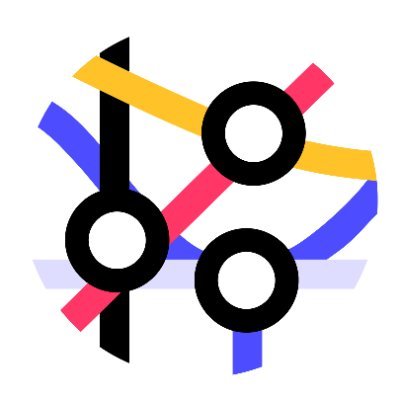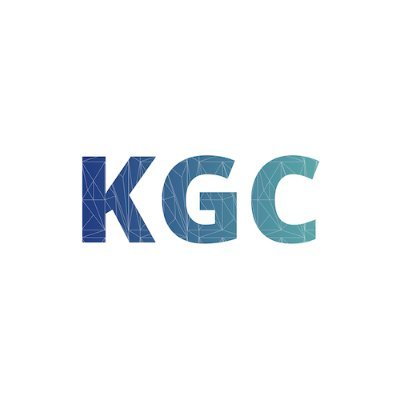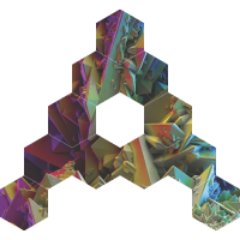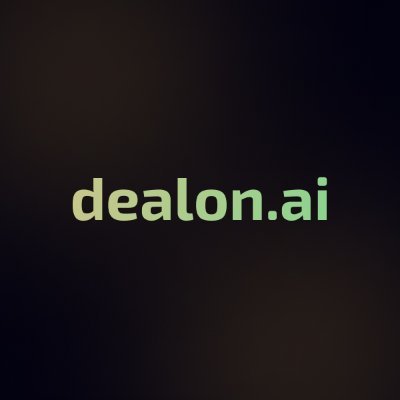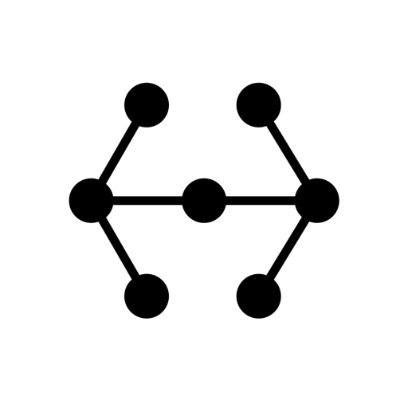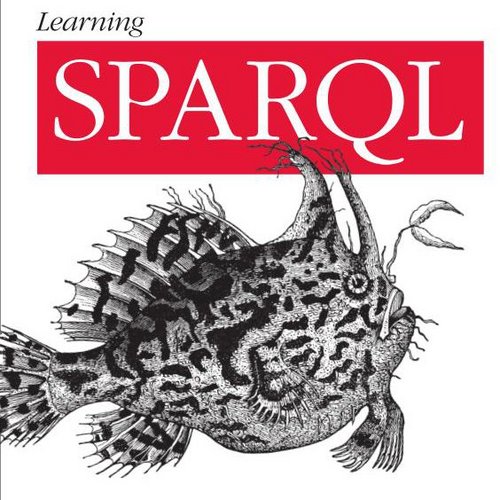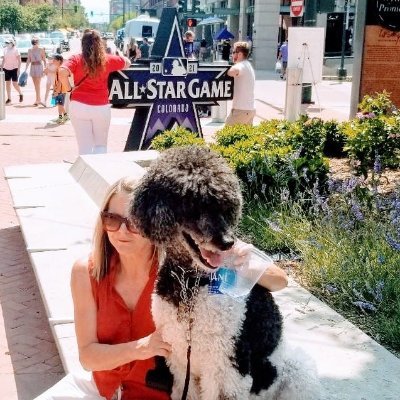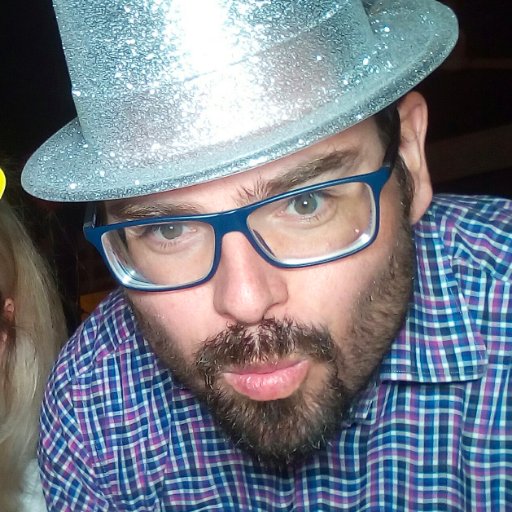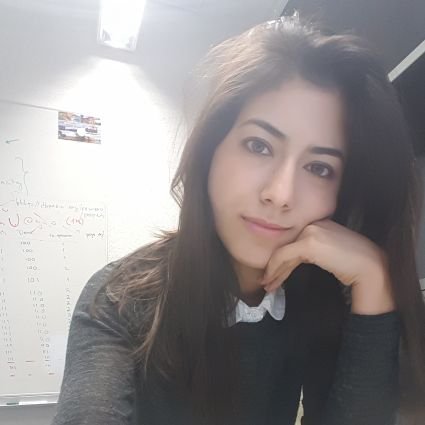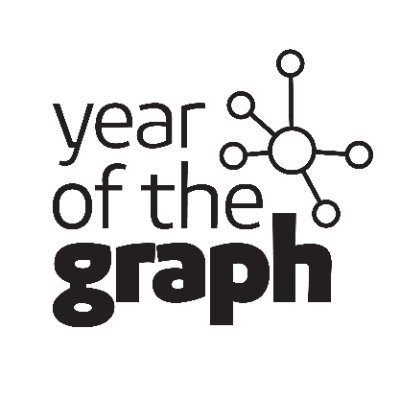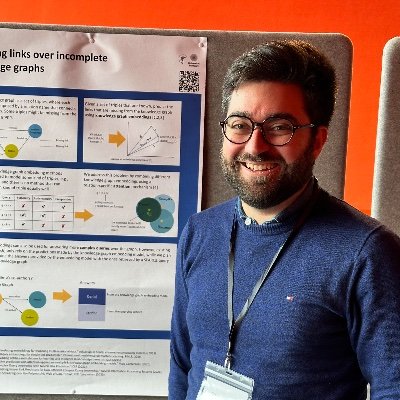
Tentris
@TENTRIS_DB
Tentris is a high-performance, disk-based RDF graph database enabling graph analytics that were deemed computationally infeasible.
Did you know? Prolog lets you define facts & rules and reason automatically. It’s the logic behind AI, expert systems, and RDF reasoning. Often overlooked in curricula! #Prolog #RDF #AI #KnowledgeGraphs
Class Expression Learning (CEL) on RDF KGs just got faster! ⚡ New SPARQL-inspired algorithm scales to massive data, enabling explainable ML. Read more: papers.dice-research.org/2024/ECML_ALC2… #SemanticWeb #KnowledgeGraphs #ExplainableAI #RDF #SPARQL
Publishing stats online? 📊 The RDF Data Cube Vocabulary makes multi-dimensional data FAIR, linked, and reusable. Dimensions, measures, attributes → machine-readable & ready to connect. Learn more: w3.org/TR/vocab-data-… #KnowledgeGraphs #GraphDB #Data
In traditional OWL ontologies, facts are either true or false. The real world? Rarely that black and white. Enter Fuzzy OWL, it lets you model degrees of truth: “Drug A is 0.6 effective for symptom B.” “Paper X is 0.7 relevant to topic Y.” #KnowledgeGraphs #FuzzyOWL #AI
Linked Data Fragments = pizza by the slice 🍕 Instead of one huge RDF query, you fetch small “fragments” & assemble locally. Lighter server, flexible queries, smarter graphs. #RDF #LDF #KnowledgeGraphs
Relational = joins. Vector = similarity. LPG = links. Only RDF gives schema, rules & constraints for AI-ready reasoning across complex data. #KnowledgeGraphs #RDF #AI
T-Box = schema. A-Box = data. R-Box = rules of relationships. But don’t forget the C-Box → constraints. Cardinality, types, restrictions = guardrails for a sane graph. #KnowledgeGraphs #RDF
Everyone knows T-Box (schema) & A-Box (data). Few know and use the R-Box → the rules of relationships. It could be the grammar that keeps your graph consistent & logical. #KnowledgeGraphs #RDF #SemanticWeb
The A-Box stores the facts about individuals in your ontology. On the surface, it looks simple: “John Doe works for Company X.” But when you introduce anonymous individuals (blank nodes), facts about things without a name, even basic operations can become NP-complete. #GraphDB
Ever wondered how knowledge graphs “understand” the world? Meet the T-Box, the part that tells your graph what exists and how it can relate. Think of it like building a LEGO set: T-Box (Terminological Box) = the instruction manual (defines the pieces and how they fit) #RDF
SKOS isn’t boring metadata. It’s the secret sauce for organizing knowledge: How? Concepts (things, ideas, topics) Connect them with relationships: • broader→parent • narrower→child • related→associative Smarter vocabularies = smarter search. #KnowledgeGraphs #SemanticWeb
Property Paths ≠ Graph Algorithms Think of it this way: Property Paths = GPS→ “Who reports to Karen, even 5 levels down?” Graph Algorithms = World Map→ “Who’s central, isolated or secretly driving projects?” Use paths for answers. Use algorithms for insights. #GraphDB #RDF
Named Graphs: Elegant & kind of messy They are like labeled folders for your triples. Why they’re awesome: Track who said what, where & when Keep datasets modular so “Experimental” doesn’t mix with “Production” Why they’re messy: Too many graphs = “Wait, which triple is where?”
SKOS vs. OWL? SKOS: "This is kinda like that." OWL: "This is a formally defined subclass with logical constraints, thank you very much." SKOS keeps it chill. OWL brings the rules. Use SKOS when you want labels. Use OWL when you want logic. #SemanticWeb #KnowledgeGraphs #OWL
Deep queries, lots of hops Need to ask things like: “Who’s connected to Bob, but not directly, and only through projects tagged with 🦄?” That’s a graph query. SQL will cry. #SQL #SPARQL #GraphDatabases
Nanopublications: Tiny packages of trustworthy knowledge Why read a whole paper when you just want one juicy fact? Say hello to nanopublications which are tiny, super-smart knowledge bites packed with everything you need: Assertion, Provenance, Publication Info #KNOWLEDGE
Your queries are basically: ‘SELECT * FROM boring_table’ Don’t use a Formula 1 car to drive to the grocery store. #SQL #SPARQL #GraphDatabases
B+ Trees have served DBs well, but for graph workloads, they hit performance limits. ✅Our hypertrie handles indexing far more efficiently. ✅It allows faster multi-join queries. ✅It reduces costly disk accesses. 👉Result: Lightning-fast query performance even at scale. #GraphDB
WDBench results are in... Tentris: “I’ll just handle 1.25B triples and be 5-10x faster while I’m at it.” Everyone else: 🐢💤 We came to play. #Tentris #SPARQL #RDF #GraphDatabases #SemanticWeb

The Tentris Beta has been live for 3 weeks now 🚀 Huge thanks to everyone who's tested, broken, questioned, and starred ⭐ Your feedback is 🔥 Keep it coming! We're fixing, tweaking, and learning a lot. Haven’t tried it yet? 👉 tentris.io #GraphDB #SemanticWeb
United States Trends
- 1. Black Friday 386K posts
- 2. Mississippi State 2,704 posts
- 3. Kamario Taylor N/A
- 4. Egg Bowl 4,288 posts
- 5. Emmett Johnson N/A
- 6. #SkylineSweeps N/A
- 7. NextNRG Inc 1,790 posts
- 8. Trinidad Chambliss N/A
- 9. Wetjen N/A
- 10. #Rashmer 23.7K posts
- 11. Stricklin N/A
- 12. #FanCashDropPromotion 1,736 posts
- 13. Solo Ball N/A
- 14. Kewan Lacy N/A
- 15. #Huskers N/A
- 16. #jonita 19.8K posts
- 17. Black Ops 7 XP 1,486 posts
- 18. Fisch 1,006 posts
- 19. WHO DEY 12.2K posts
- 20. Mainz Biomed N.V. N/A
Something went wrong.
Something went wrong.



